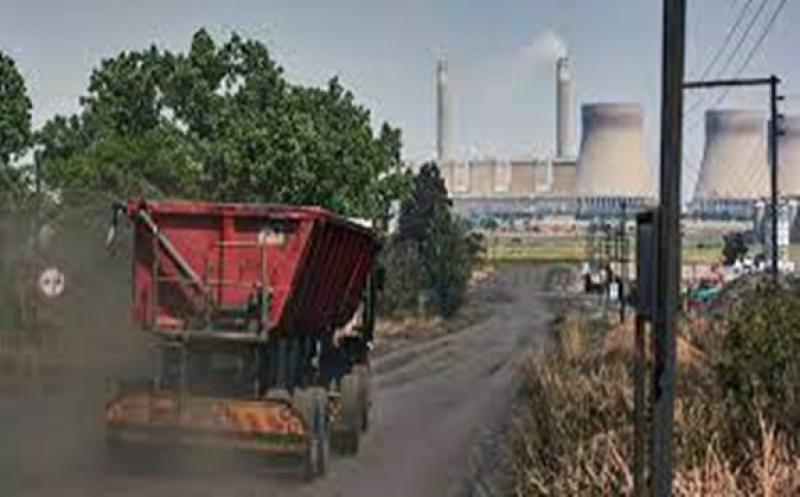South Africa will receive financial aid from richer countries to phase out the use of coal in power generation, the German development ministry announced today at the UN Cop 26 climate conference.

A partnership between Germany, the UK, the US, France and the EU will support South Africa in its energy transition with "a particular focus on phasing out coal", the German ministry said.
Germany will contribute €700mn ($1.15bn), with the total package — including grants, loans from multilateral banks, guarantee schemes and direct private investment — valued at around $8.5bn over the next five years.
Coal accounts for around 90pc of South African power generation but its plants are old and unreliable, leading to regular blackouts and power shortages.
No timeline was given for when the plants will begin to close. The German ministry said it would provide expertise to South Africa, including around improving the framework for private investment in renewable energy and to mitigate the social impact of a coal phase-out with a particular focus on retraining the 90,000 coal miners in South Africa.
It will also support investment in green hydrogen production and the decommissioning and environmental rehabilitation of mining sites.
South Africa's government lauded the partnership agreement as "historic", saying the "highly concessional finance" will boost investment and growth, and ensure that state-owned utility Eskom has access to finance for repurposing its coal-fired plants, which are scheduled to be decommissioned over the next 15 years.
A joint task force will be established to take forward the partnership over the coming months.
Accelerated decarbonisation
The partnership aims to support "an accelerated decarbonisation of South Africa's electricity system" to achieve "the most ambitious target possible" within the country's nationally determined contribution range "to the extent of available resources", the partner countries said.
In September, South Africa raised its greenhouse gas (GHG) emissions reduction ambition under the Paris climate agreement to 350mn-420mnt of CO2 equivalent (CO2e) for 2030. The lower end of this range is in line with the Paris agreement's 1.5°C global warming threshold.
South Africa's total GHG emissions in 2017 stood at 482mn t CO2e, of which the electricity sector accounted for 214mn t CO2e, according to its latest GHG emissions inventory.
For the country to mitigate affordably below 370mn t of CO2e, it would need to retire plants earlier than envisaged by its 2019 power sector blueprint, the Integrated Resource Plan (IRP), according to consultancy Meridian Economics.
This means that 3.5-9.2GW of Eskom's coal-fired capacity will have to be phased out sooner and any plans to build new coal-fired plants, as contained in the IRP, will have to be abolished, the consultancy says. The scrapped coal-fired capacity would need to be replaced with a combination of up to 20GW of additional renewables and up to 9GW of battery or open-cycle gas turbine capacity by 2030.
According to Meridian Economics' modelling, all coal-fired generation would be retired by 2040 under a 1.5˚C trajectory. Under this scenario, its modelling suggests a combination of lower plant utilisation — primarily Kriel, Arnot, Tutuka and Kusile — along with an earlier closure of Kriel.
The scenario results highlight "the cost efficiency and reliability benefits of reducing coal utilisation across the fleet rather than bringing individual plant retirement dates forward", Meridian says.
But there are significant degrees of uncertainty related to plant performance and other factors that will require flexibility in implementation to ensure optimal outcomes, it says.
But Eskom told Argus that it would continue to shut down its coal-fired plants in line with the IRP of 2019, while at the same time driving the development of new renewables and gas capacity. "It is important to actively drive all generation capacity programmes within the country to meet the supply deficit," it said.
Funding is required for the transition and the significant investment in new generation capacity, so the Cop 26 commitment is "a very welcome contribution", Eskom said. "The operational arrangements of the facility will be elaborated in detail over the coming months," it added.
In any event, the political declaration issued by the partnership countries today makes it clear that the investment framework still has to be agreed and that funds will only be made available in line with the budgetary procedures and terms stipulated. So a lot of detail still needs to be finalised before South Africa will be able to access the promised climate funding.